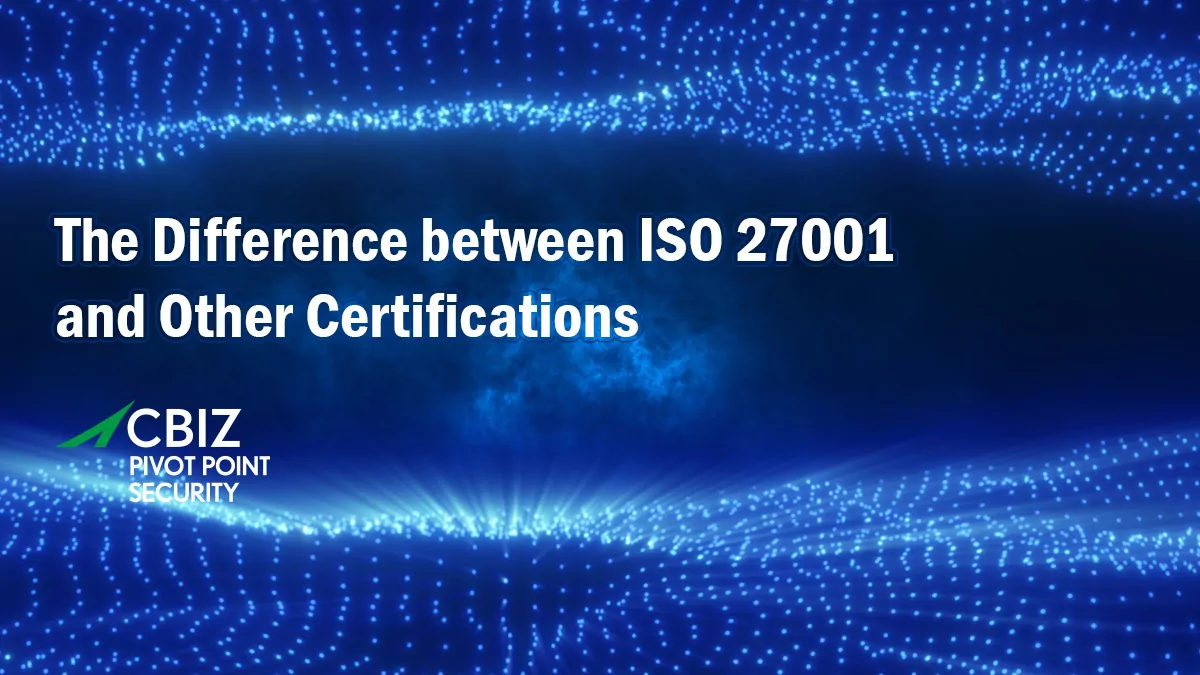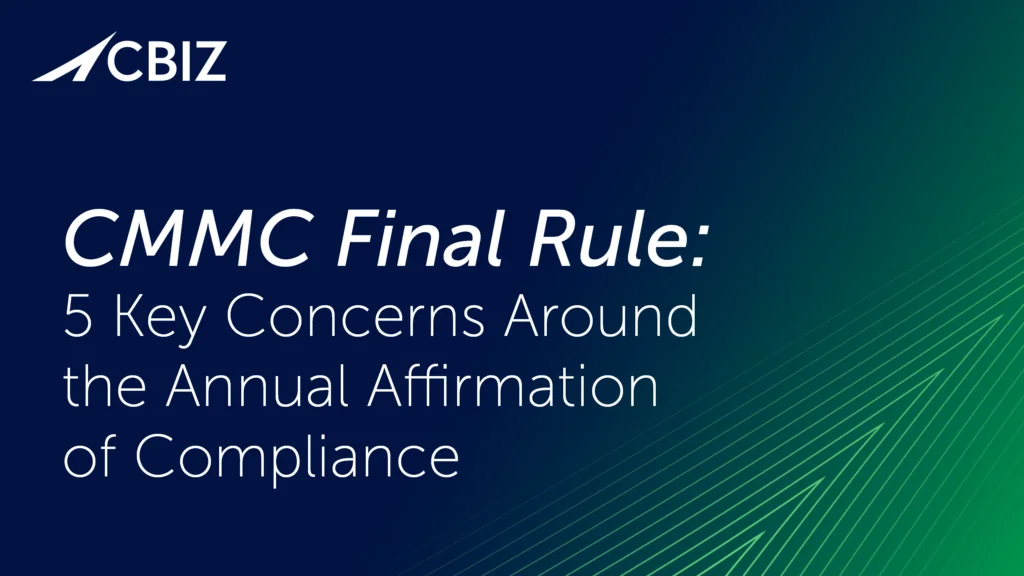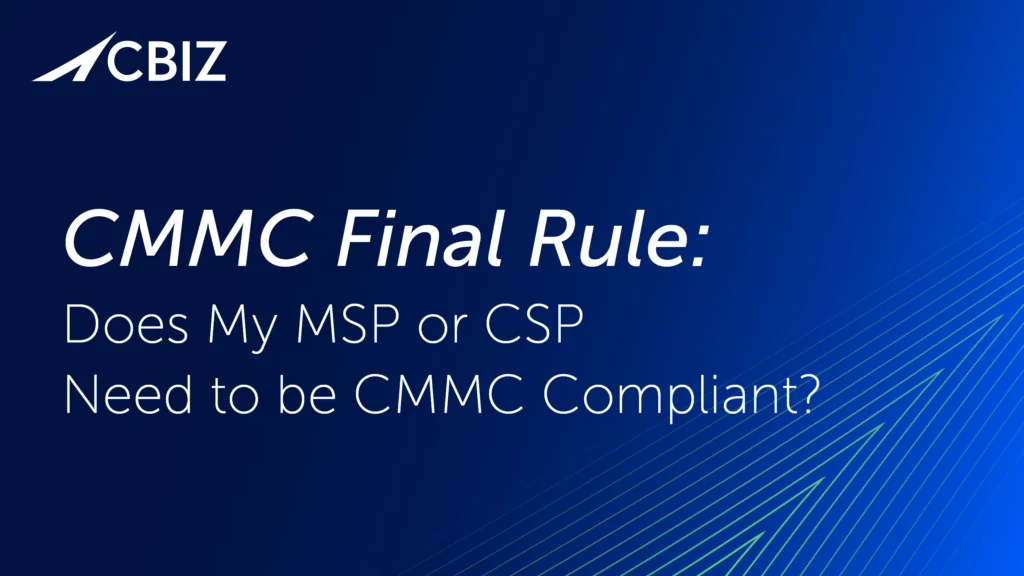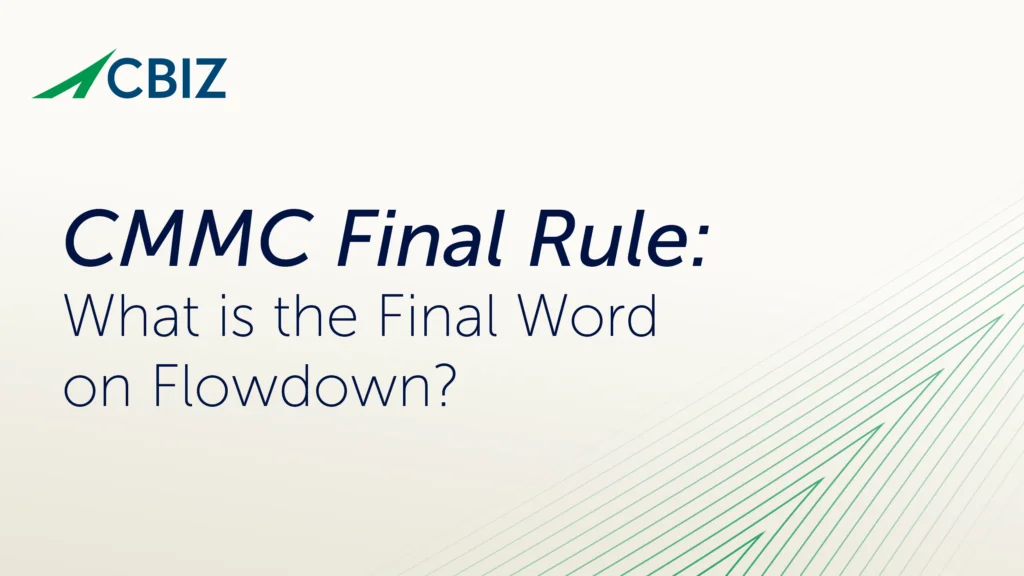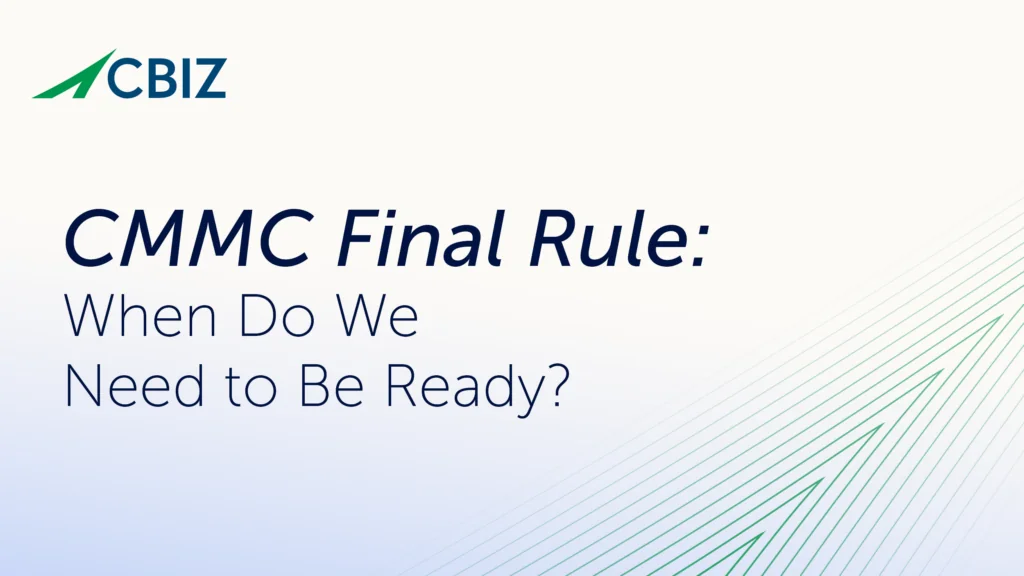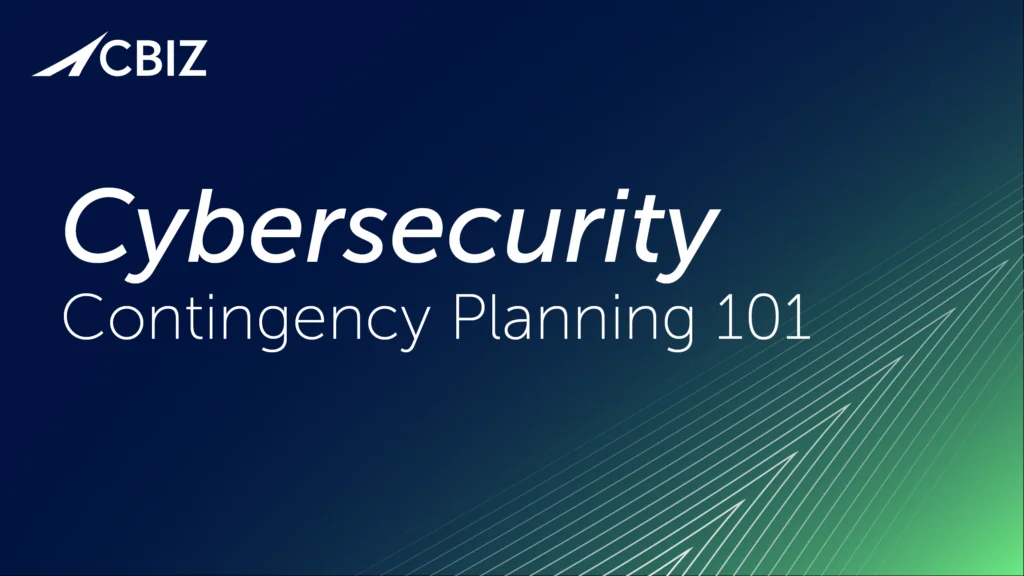Last Updated on January 15, 2024
ISO 27001 provides a comprehensive framework to help organizations protect their sensitive data and demonstrate they have an effective information security management system (ISMS) in place.
This focus on a management system is one of the aspects that makes ISO 27001 unique. Another is ISO 27001’s international reputation and global acceptance, versus other frameworks that may be little known outside of their home countries or specific industries.
These two well-known differentiators make an ISO 27001 certification the “gold standard” information security attestation. But there are several other factors that can make ISO 27001 uniquely valuable for organizations seeking to prove they are secure and compliant.
Scope of controls
While some cybersecurity standards are “one size fits all,” ISO 27001 is designed to be flexible and adapted to specific needs. ISO 27001 suggests a comprehensive suite of cybersecurity controls that companies can implement if applicable. Part of scoping your ISO 27001 ISMS implementation is documenting which controls you have chosen not to implement and why.
In contrast, most other cybersecurity standards focus more narrowly on demonstrating that a business has implemented a specific set of essential controls.
For example, the SOC 2 standard has many security controls in common with ISO 27001. But while ISO 27001 includes a wide spectrum of potential controls, SOC 2 allows you to choose which of its Trust Services Criteria you want to implement. Everyone must implement the Security controls, but the Availability, Processing Integrity, Confidentiality, and Privacy criteria are optional.
Certification/renewal process
To demonstrate ISO 27001 compliance, an organization must pass a rigorous compliance audit by an accredited external certification body. Upon passing this audit, the business receives an ISO 27001 certificate of compliance.
Requiring accredited third parties to certify compliance confers the highest level of confidence and peace of mind that a company’s information security posture is as represented.
Many other cybersecurity assessments do not have a certification process. To show compliance, organizations would rely on an internal audit or an attestation by a third-party security consultant or other non-accredited organization.
Privacy integration
Besides showing strong cybersecurity, more and more businesses also need to prove to clients, regulators, etc. that they can protect personal data and comply with privacy laws.
The ISO 27701 framework lets firms extend their current ISO 27001 ISMS certification to also certify a Privacy Information Management System (PIMS).
Because ISO 27701 “extends” ISO 27001, there is no separate ISO 27701 certification. Instead, organizations can implement the ISO 27701 controls alongside their ISO 27001 controls and be certified to both standards with one audit.
This unique benefit works for both new and renewing ISO 27001 certifications. For companies that need to address privacy compliance together with cybersecurity, it can make solid strategic and financial sense to extend your ISO 27001 scope to include applicable ISO 27701 controls.
Recertification timeline
Different cybersecurity standards may have various renewal timelines. For example, a SOC 2 Type 2 report is considered valid for 12 months from the report date. Others have no defined renewal or recertification cadence.
An ISO 27001 certificate is good for three years. However, the certified organization also needs to pass a third-party surveillance audit at years one and two following the certification audit. This is a more rigorous compliance validation process than most other standards.
In parallel with recertification and surveillance audits, ISO 27001 mandates that certified organizations continuously review and improve their ISMS performance. Most other standards don’t require continuous improvement.
Effort to achieve compliance/certification
Factors like business size, complexity, and industry can have a big impact on the effort required to achieve cybersecurity compliance. In addition, different cybersecurity standards require different levels of rigor in the implementation process.
For example, it is widely reported that a favorable SOC 2 report is easier and less expensive to attain than an ISO 27001 certification. SOC 2 is also recognized as less demanding and as setting a lower bar for cybersecurity.
ISO 27001 takes more effort and resources but provides a higher level of protection from cyber-attacks. Especially for orgs with limited resources doing business only in the US or Canada, a quicker route to provable security can be the right choice. But for firms doing business internationally, or that need the strongest security attestation, ISO 27001 is often worth it.
What’s next?
Achieving ISO 27001 certification will earn stakeholder trust and deliver a solid return on investment.
CBIZ Pivot Point Security Pivot Point Security is a leading consulting firm for ISO 27001 certification and has a 100% success rate bringing over 100 organizations of all sizes to certification.
To discuss the pros and cons of ISO 27001 certification for your business, contact us to speak with an ISO 27001 expert.





